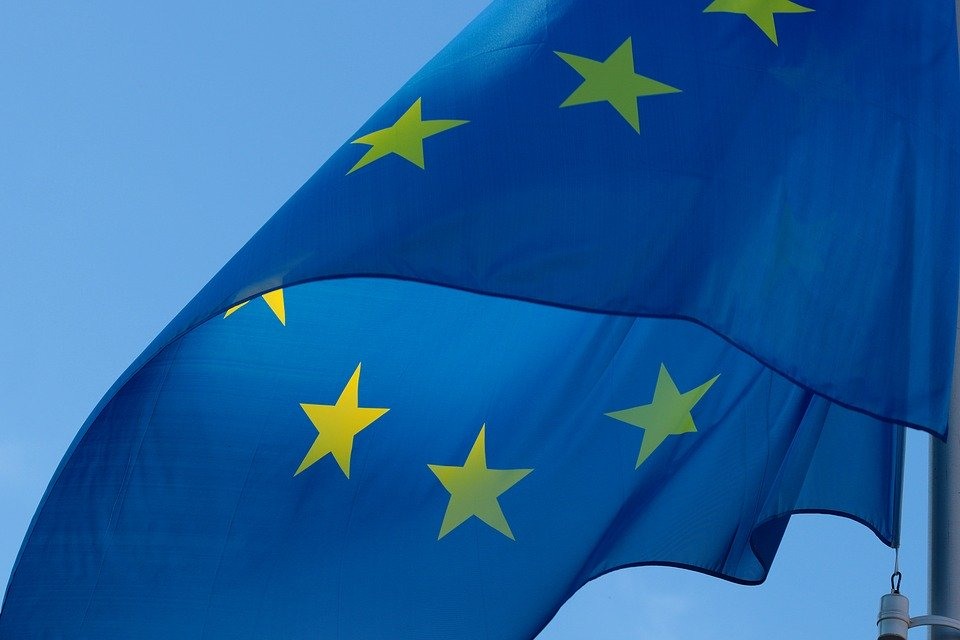EU Decides to Strengthen Anti-Money Laundering Rules, Passes Rule to Trace Bitcoin and Crypto Transactions

On Wednesday, June 29, negotiators of the European Union reached an agreement for bolstering the anti-money laundering rules. In the latest regulatory tightening measures the EU has asked crypto firms to thoroughly check their customers identities.
Furthermore, the EU Parliament and Council negotiators reached a deal to trace cryptocurrency transfers so that they can block any suspicious transactions.
The agreement basically extends the already existing “travel rule” in traditional finance. This rule requires to collect the information of the source of assets as well as its beneficiaries. EU has said that crypto-asset service providers (CASPs) shall be obliged to provide this information to competent authorities.
The EU further added that currently crypto assets circumvent the existing threshold in order to trigger the traceability requirements. The EU negotiators also added also noted that there will be no minimum thresholds nor exemptions for low-value transfers.
While discussing about personal data wherein the “travel rule” requires to disclose name and address. The official press release notes: “Before making the crypto-assets available to beneficiaries, providers will have to verify that the source of the asset is not subject to restrictive measures or sanctions, and there are no risks of money laundering or terrorism financing”.
Ernest Urtasun, a Spanish Green Party lawmaker, who helped steer this measure said: “The new rules will enable law enforcement officials to be able to link certain transfers to criminal activities and identify the real person behind those transactions”.
Furthermore, the rules would also cover transactions from the so-called unhosted wallets when they interact with the hosted wallets managed by the CASPs. The announcement notes: “In case a customer sends or receives more than 1000 euros to or from their own un-hosted wallet, the CASP will need to verify whether the un-hosted wallet is effectively owned or controlled by this customer. The rules do not apply to person-to-person transfers conducted without a provider, such as bitcoins trading platforms, or among providers acting on their own behalf”.
Regulatory bodies across the glove have swung in action following the recent mayhem and turmoil in the crypto market. Following the collapse of the Terra ecosystem and the liquidity crisis faced by crypto firms, regulators are watching all the unfolding.


